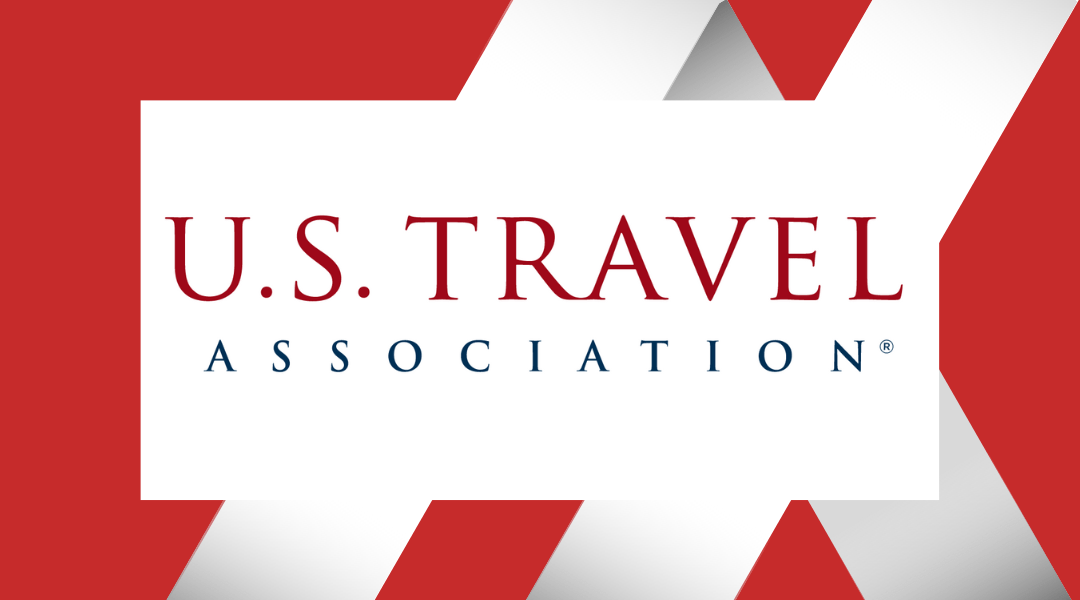A new survey this week from the U.S. Travel Association (USTA), in collaboration with J.D. Power and Tourism Economics, found that more than half of large company CEOs agree that reducing business travel may represent short-term savings but will bring long-term negative impacts on revenue.
The survey found 73 percent of executives consider business travel essential, but report that virtual meetings, cost controls and remote work by customers are likely to continue to constrain business travel. Most executive respondents, 58 percent, also agreed that having more remote employees in the organization will increase business travel spending for internal meetings over the long-term.
But despite this assessment, more than two-thirds of the same executives surveyed expect their company will spend less on business travel over the next six months compared to the same period in 2019, with half of companies still having policies in place restricting business travel.
The Quarterly Business Travel Index (BTI) projects that business travel activity will accelerate in the near term to 84, compared with the baseline of 100 in 2019.
Elevated risks of recession are anticipated to result in some caution among corporate decision-makers, which would stifle business travel spending by some companies, the survey found.
In a recent letter to U.S. Treasury Secretary Janet Yellen, the USTA also called for the agency’s support on a tax extenders package that includes a temporary restoration of the entertainment business expense deduction and an extension of full expensing for business meals. The federal government should also call workers back to the office and encourage these workers to return to the road for business travel, the USTA added.






